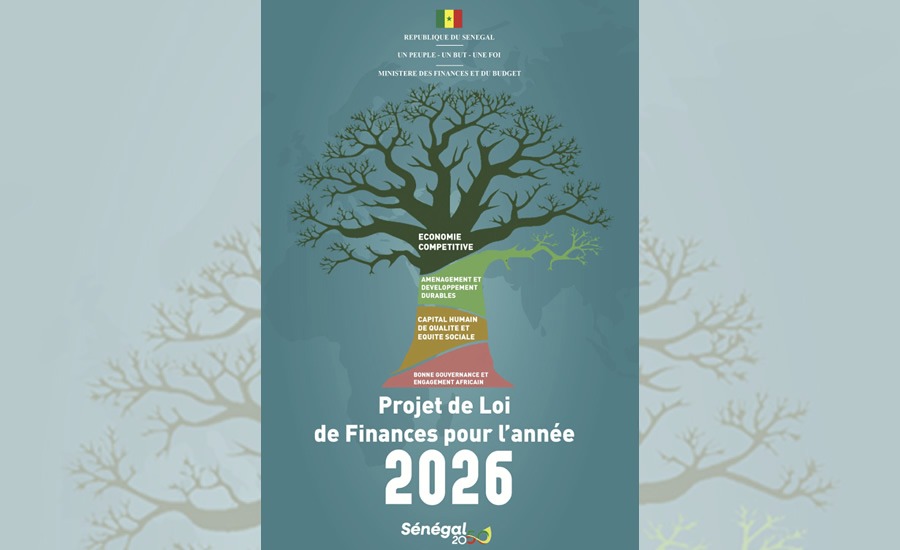
The Senegalese government has taken a decisive step in modernising its economy with the adoption of the new Investment Code and the General Tax Code. These two pieces of legislation completely reshape the fiscal and regulatory environment, with the aim of attracting foreign capital, favouring domestic production and consolidating the country's position as an industrial hub in West Africa.
The new framework replaces the code in force since 2004 and introduces a clearer incentive system adapted to the requirements of the global economy. The main measures include exemptions from customs duties and the suspension of VAT on the purchase of equipment and production materials during the implementation phase of projects. In addition, the period of eligibility for these benefits is extended in inland regions, in a bid to decentralise growth and balance territorial development.
One of the most eagerly awaited innovations is the creation of a digital one-stop shop to centralise and streamline administrative procedures. With this tool, investment applications can be resolved in a maximum of ten working days. The text also introduces a system of incentives graduated according to location and type of activity, and incorporates local content criteria that guarantee the participation of Senegalese SMEs in value chains.
The General Tax Code simplifies procedures and digitalises the payment of taxes. The reform aims to make taxation more predictable, consistent with international standards and favourable to innovation. Companies that are committed to industrial transformation, exporting or setting up in high-potential areas will benefit from specific reductions, which strengthens the country's competitiveness within ECOWAS.
The Senegalese government complements these measures with a programme to develop industrial parks and regional economic zones. These areas will have land prepared and made available through long-term contracts, facilitating access to productive land. The ultimate goal is for each investment to contribute not only to growth, but also to job creation, knowledge transfer and the local transformation of resources.
With these reforms, Senegal is consolidating an economic model oriented towards productive sovereignty and diversification. The new legal framework not only seeks to attract capital, but also to generate an environment of confidence and stability that will make the country a regional benchmark for industrialisation and sustainable development.
See in document HERE.
Source: finances.gouv.sn; lesoleil.sn
